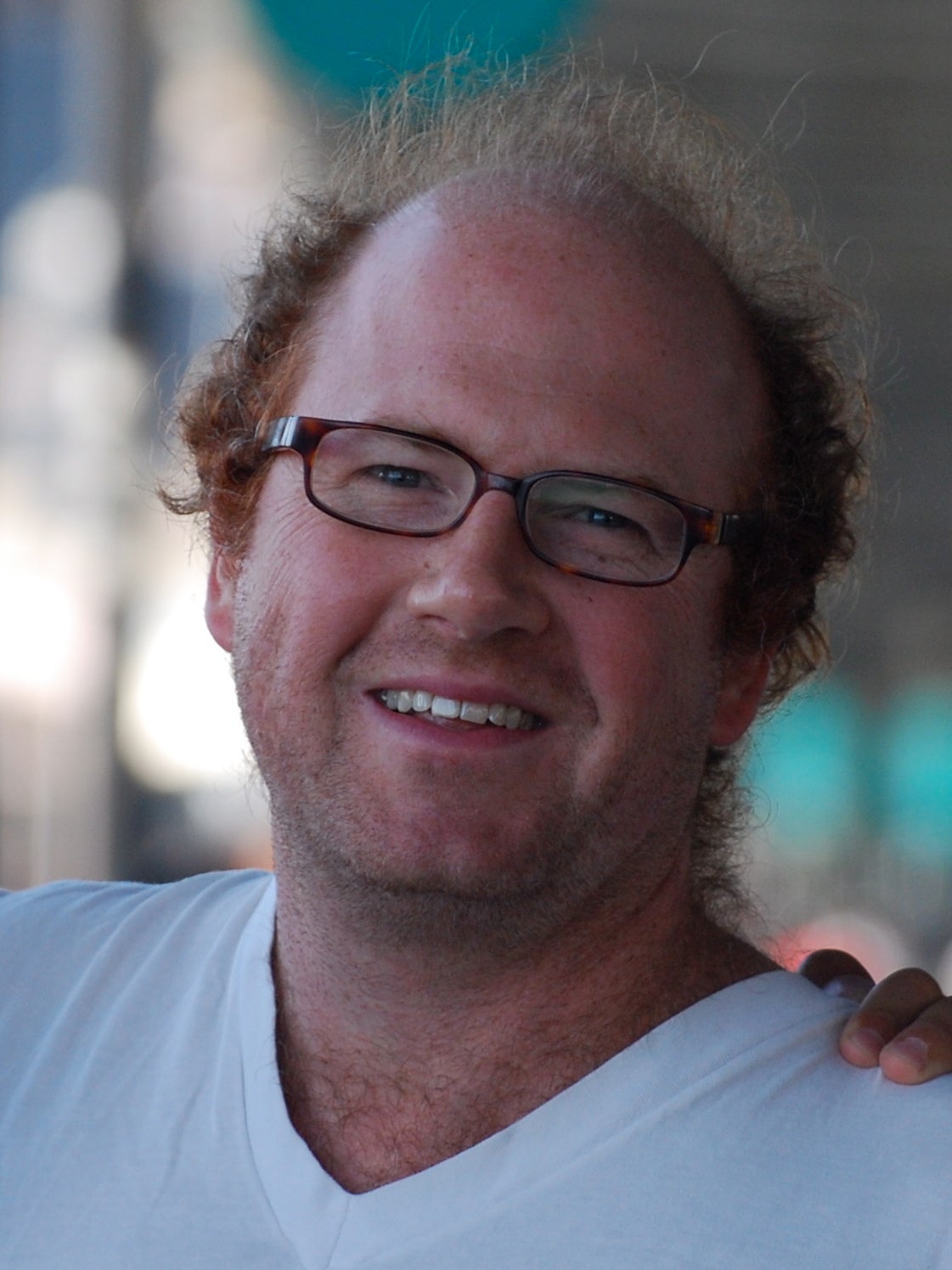
When I was 19, slowly learning about the world beyond the lily-white suburban town I grew up in, Nelson Mandela came to talk at Yankee Stadium, an hour away. I wish I’d gone to see him. My girlfriend and I talked about it, considered taking the train in from Jersey. We knew this was an important historic moment. We were, as Mandela was, against the Apartheid regime in his native South Africa. Peter Gabriel’s song about the subject, “Biko,” was a great favorite of mine. But we were slug-a-beds (“slugs-a-bed?”), who spent an inordinate amount of time sitting on the couch in her parents’ basement, watching TV. So we ended up sitting on the couch in her parents’ basement and watching it on TV.

Sitting there watching as the crowd began to chant “Amandla! Amandla!” the Zulu word for “power” (not that we knew what it meant), we looked at each other and sighed. We should have gone. Mandela stood at a podium and gave his speech.
Devoid of any apparent anger or resentment, without a glint of hatred in his eyes, this world revolutionary figure was making jokes in front of 60,000 people.
“The principle of one person one vote, and a common, and non racial, voter’s role, is therefore our central strategic objective,” he said, this pretty regular looking, professorial guy in a suit. “Throughout our lifetime, we have fought against white domination, and have fought against black domination. We intend to remain true to this principle to the end of our days.”
My girlfriend dabbed her eyes. We knew that this pretty regular looking, professorial guy in a suit had been in prison five months earlier, and was now on a world-tour to drum up support for the once-and-for-all dismantling of the system that had kept him there.
Mayor Dinkins put a Yankee hat on his head. “You know who I am.” Mandela smiled. “I am a Yankee.” The smile, I’ll never forget. Devoid of any apparent anger or resentment, without a glint of hatred in his eyes, this world revolutionary figure was making jokes in front of 60,000 people. This was going to work. Apartheid, the most explicit vestige of white supremacy remaining in the world, was going to end. This was a very big deal.
---
Ten years later, I was on Robben Island, off the coast of South Africa, standing in the prison cell where Mandela had lived for 27 years. It was small, the size of a laundry room, with a straw floors, stucko walls, and a single window with bars on it. I had taken a ferry boat out to see it. My sister was studying at the University of Cape Town, and my mom and I had gone to visit to her. The island was largely deserted by that point, the prison had been emptied and turned into a museum. There were rabbits hopping around everywhere outside. The tour-guide told us that it was a real problem—there were no predators on the island, and you know how famously rabbits reproduce. The government was preparing a cull.

But here’s the most amazing thing: that government, tasked with the job of controlling the rabbit population on Robben Island, was now being run by Nelson Mandela, this kindly-smiling, super-smart, professorial-looking guy that it had kept in jail for 27 years for political reasons. Nelson Mandela was president, had been elected president of South Africa in the country’s first true democratic election in 1994. This was his place now, but in a different way than it had been his place a very short time before. That blew my mind.
The world changes very, very fast. There are lots of bad things that happen but there are some good things that happen, too. Sometimes the good things that happen are the result of the work of individuals. People who rise to history’s call and make the world better. And when they die, we should take a moment to acknowledge them, and to thank them.
Nelson Mandela died yesterday at the age of 95.
Written by Dave Bry (@davebry9)

